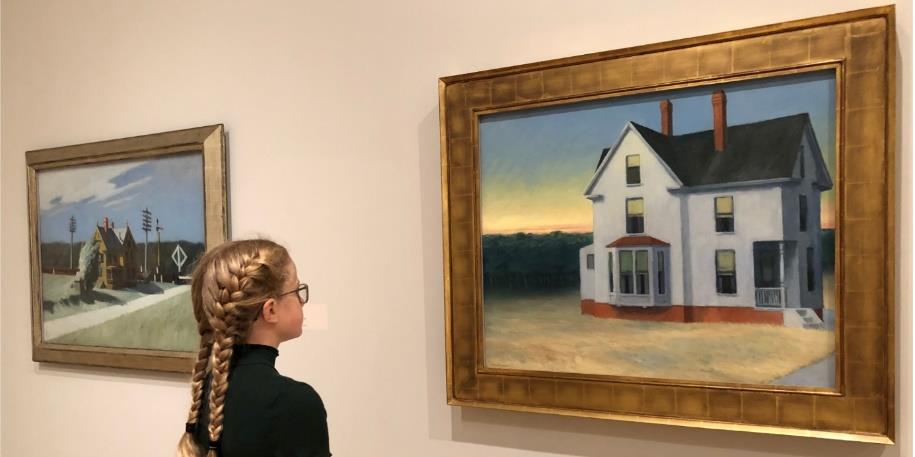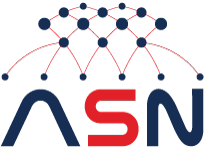
51st AAAS conference
“Education, the Arts, and American Studies”
Where: University College of Teacher Education Vorarlberg, Austria
When: October 17th – October 19th, 2024
Description: The topic of education is highly relevant in view of recent developments in the United States, such as legislation on curriculum content (i.e., Critical Race Theory, Intersectionality, etc.), book bans as well as parental involvement and control in education. The Covid-19 pandemic, marked by a devastating loss of lives, has also highlighted the need for a transnational perspective on education, including human and children’s rights and debates about remote learning, mask mandates, and strategies for addressing learning gaps. It has also prompted certain changes and innovations, such as the adoption of various digital tools, platforms, and teaching methods that can enhance learning experiences, collaborations among learners and researchers, and increased access to education for individuals who may face geographical, economic, or other barriers to traditional forms of education.
At its inception, American Studies was defined by the desire to establish a common understanding of American culture. However, in the 1960s, with the rise of identity politics, this ob-jective shifted to embrace the diversity of perspectives in approaching and teaching what it means to be an American. Americanists attempt to identify and decipher connections between cultural systems and texts, ranging from cave drawings to buildings and machines, to videos and memes. We understand the Arts as a broad term that refers to the creation and expression of human imagination in analog or digital formats, including visual and performing arts, literary and musical arts, public art and community activism.
Historically, American Studies has been an interdisciplinary field, contending with diverse perspectives on education and embracing innovative approaches to its multifaceted subject matter. Most recently, advances in AI technologies, including the availability of large language models (LLMs) and AI graphic generators, have necessitated an examination of applicable opportunities, challenges, and risks. This involves addressing questions related to the productive and democratic utilization of said technologies: While chatbots can facilitate personalized learning experiences, and AI analytics may provide valuable insights, deepfakes raise concerns about misinformation, and the ethical and social implications of manipulated content. Furthermore, biased algorithms can reinforce existing inequalities and stereotypes, affecting both ed-ucation and artistic representations. Core goals of an American Studies or liberal arts education, such as creativity and critical thinking are at risk to become lost cultural practices.
The conference proposes to understand American Studies as a way of thinking, a “cognitive style,” as Jay Mechling has called it (2011), or a certain “habit of mind” (Adam Golub 2012). At the same time, feelings have always defined America and have been reaffirmed as a fruitful lens for cultural analysis by proponents of the “emotional turn” (Lauren Berlant 2008, 2011; Sara Ahmed 2004, 2010; and Ann Cvetkovich 2003, 2012). The question that arises from this approach is how one can teach to think and feel like an Americanist. How does a reflexive, contextual, and aesthetic engagement with the arts stimulate the ability to move outside one’s usual experience of reality and to experiment with new ideas and perspectives? As scholars, our responsibility lies in addressing these questions constructively, such as in an exploration of the question of what, why, and how we are teaching. This involves exploring how we can transfer the knowledge produced in the “ivory tower” to our immediate environment and sup-port critical thinking and artistic expression, especially during challenging times.
Institution: Austrian Association for American Studies
For more information click here.
